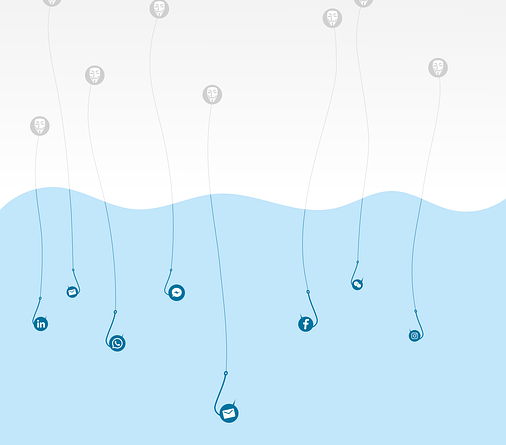
Are you ready to lock down your digital fortress and shield your personal information from prying eyes?
In this technologically driven world, safeguarding your digital privacy has become more crucial than ever before. Just as a fortress protects its treasures, you must take proactive steps to fortify your online presence.
Welcome to a world where your personal information is your most valuable possession, and protecting it is of utmost importance. In this article, we will arm you with essential tips and strategies to ensure your digital privacy remains intact.
From enhancing your password security to managing your online privacy settings, we will guide you through the intricate labyrinth of digital protection.

So, tighten your seatbelt and get ready to embark on a journey towards a safer and more secure online existence.
Let’s begin!
Key Takeaways
- Adjust privacy settings and limit cookies and tracking to protect your online identity and personal data.
- Use secure networks and VPNs to ensure a secure internet connection and encrypt internet traffic.
- Employ strong passwords, network encryption, and regular software updates to enhance security.
- Be cautious with personal information sharing, avoid phishing attempts, and use secure websites and payment methods for safe online transactions.
Introduction
In the vast landscape of the digital world, safeguarding your personal information is like building a fortress to protect your most valuable treasures. In today’s interconnected society, it’s crucial to be proactive in protecting your digital privacy.
One of the first steps you can take is to prioritize password security. Make sure to create strong, unique passwords for all your online accounts and avoid using the same password for multiple platforms. Additionally, regularly update your passwords to stay one step ahead of potential hackers.

Another vital aspect is managing your online privacy settings. Take the time to review and customize the privacy settings on your social media accounts and other online platforms to ensure that only the necessary information is shared.
Lastly, don’t forget about wifi security. When connecting to public wifi networks, be cautious and avoid accessing sensitive information or making online transactions.
By implementing these practices, you can fortify your digital fortress and better protect your personal information.
Understanding Digital Privacy
Digital privacy is not just a matter of personal preference, it’s a fundamental right that every individual should exercise. Your personal information is valuable and can be used against you if it falls into the wrong hands.

By understanding the importance of digital privacy, you can take the necessary steps to protect yourself and maintain control over your personal information online.
Why Digital Privacy Matters
To truly understand the importance of safeguarding your digital privacy, consider the potential consequences of unauthorized access to your personal information. Without proper protection, your sensitive data could be exposed, leading to various risks such as identity theft and data breaches.
Unauthorized individuals could gain access to your emails, compromising your communication and potentially exposing confidential information. By utilizing email encryption and secure messaging platforms, you can ensure that your messages remain private and protected from prying eyes.
Moreover, complying with data protection regulations helps to create a safer digital environment for both individuals and organizations.
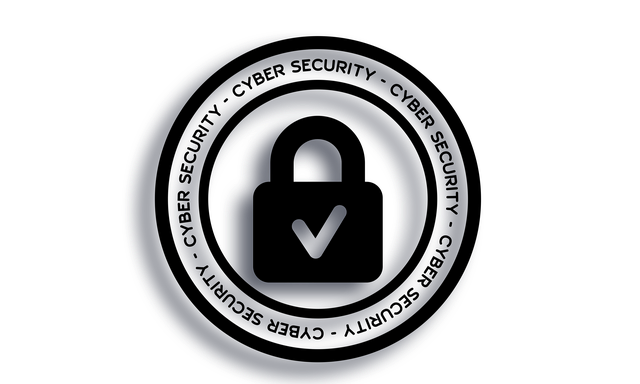
Ultimately, safeguarding your digital privacy is crucial in order to minimize the risks associated with unauthorized access and to protect yourself from the potentially devastating consequences of identity theft and data breaches.
Strengthening Password Security
When it comes to strengthening your password security, it’s crucial to understand the importance of having strong and unique passwords. By creating passwords that are difficult for others to guess, you can greatly reduce the risk of unauthorized access to your personal information.
To achieve this, consider using a combination of letters, numbers, and special characters, and avoid using common words or predictable patterns.
Importance of Strong and Unique Passwords
Ensure that you fortify your online security by creating robust and distinctive passwords.

Strong passwords are essential for protecting your personal information from hackers and unauthorized access. When creating a password, make sure it’s at least eight characters long and includes a combination of uppercase and lowercase letters, numbers, and special characters. Avoid using common words or personal information that can be easily guessed.
Additionally, it’s crucial to use different passwords for each of your accounts to prevent a domino effect if one account is compromised. Furthermore, consider enabling two-factor authentication, which adds an extra layer of security by requiring a second verification step.
It’s also essential to secure your devices by regularly updating software, using wifi encryption, installing antivirus software, and enabling a firewall.
By following these practices, you can significantly enhance your online security and protect your personal information.
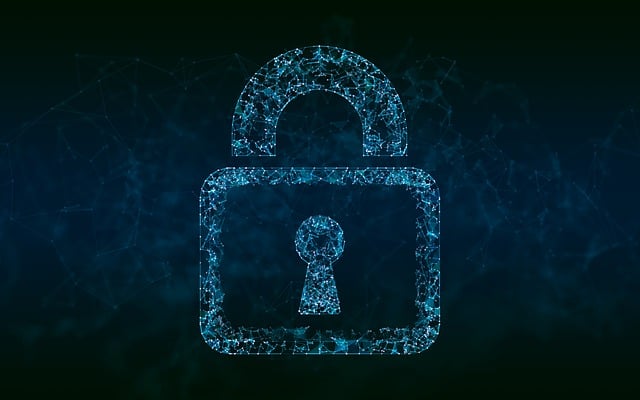
Tips for Creating Secure Passwords
When it comes to creating secure passwords, there are three key points you should keep in mind.
First, make sure your passwords are long and complex, using a combination of letters, numbers, and symbols. Avoid using common passwords or personal information that can easily be guessed.
Lastly, consider implementing two-factor authentication for an extra layer of security.
By following these tips, you can better protect your digital privacy and safeguard your personal information.

Length and complexity
Although it may be tempting to opt for shorter and simpler passwords, it’s vital to choose longer and more complex ones to enhance digital privacy. A long and complex password is harder for hackers to guess or crack.
Consider using a combination of uppercase and lowercase letters, numbers, and symbols. Additionally, be sure to enable end-to-end encryption on your devices, stay vigilant about phishing awareness, and familiarize yourself with privacy regulations like GDPR and CCPA.
Don’t forget to use a VPN for added security.
Avoiding common passwords and personal information
Avoid using common passwords or personal information in your online accounts as they can make you an easy target for hackers. For example, in 2020, ‘123456’ and ‘password’ remained the most commonly used passwords, increasing the risk of unauthorized access to personal data.
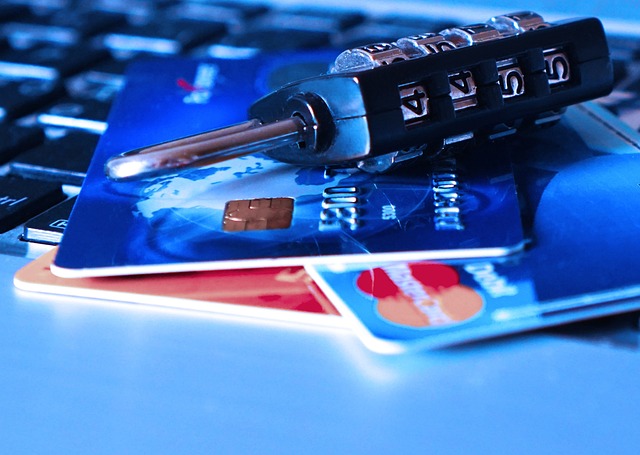
Instead, create strong and unique passwords that include a combination of letters, numbers, and symbols. Additionally, be cautious of phishing attempts and ensure that your accounts have end-to-end encryption for added security.
Implementing two-factor authentication
Now that you know the importance of avoiding common passwords and personal information, it’s time to take your digital privacy to the next level.
One effective way to do this is by implementing two-factor authentication. By enabling this feature, you add an extra layer of security to your online accounts. It requires you to provide a second form of verification, such as a fingerprint or a unique code sent to your phone.
Managing Online Privacy Settings
To better manage your online privacy, it’s important to understand and utilize the privacy settings available on social media platforms. By adjusting these settings, you can control who can see your posts, photos, and personal information.

Additionally, it’s crucial to adjust the privacy settings on your web browser to limit the amount of data that websites collect about you and to protect your browsing history from being tracked.
Social Media Privacy Settings
Are you concerned about your digital privacy?
In this discussion, we’ll explore two key points for safeguarding your personal information on social media.
First, controlling your profile visibility allows you to choose who can see your posts and information.

Second, limiting personal information sharing helps protect your identity and prevent potential privacy breaches.
Controlling profile visibility
Ensure your personal information stays safe by controlling who can see your online profiles. Take advantage of the privacy settings offered by social media platforms to limit access to your profile.
Choose to make your profile visible only to your friends or connections, rather than allowing it to be public. This way, you can have more control over who can view your personal information and protect your digital privacy.
Limiting personal information sharing
Now that you’ve learned how to control your profile visibility, let’s talk about limiting personal information sharing.
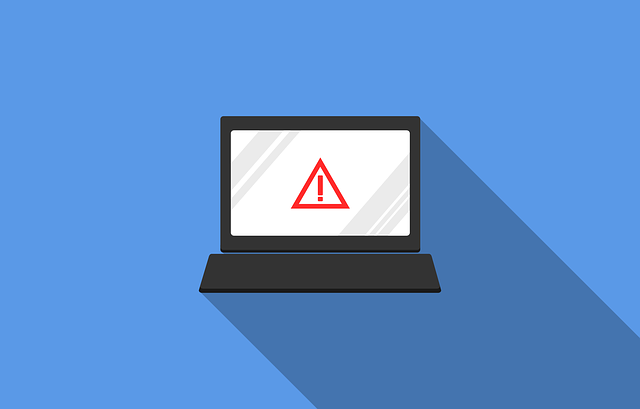
It’s important to be cautious about what you share online, as it can be used to track and target you. Avoid sharing sensitive details like your address, phone number, or full name on public platforms.
By being mindful of what you share, you can better protect your digital privacy.
Privacy Settings for Web Browsers
To enhance your digital privacy, take advantage of the privacy settings available in your web browser. By limiting cookies and tracking, you can decrease the chance of your personal information being shared without your knowledge. Did you know that on average, websites install around 60 tracking cookies on a user’s browser? This shocking statistic highlights the importance of adjusting your privacy settings to protect your online identity and maintain control over your personal data.
By limiting cookies and tracking, you can prevent websites from collecting information about your browsing habits and preferences. This means that you’ll receive fewer targeted ads and reduce the risk of your data being sold to third parties. Clearing your browsing history and cache regularly can also help safeguard your personal information by removing any traces of your online activities.

Secure Internet Connection
To ensure a secure internet connection, it’s important for you to pay attention to Wi-Fi network security. Make sure you’re using a password-protected network and avoid connecting to public or unsecured networks whenever possible.
Additionally, consider using a Virtual Private Network (VPN) for added protection. By encrypting your internet traffic, a VPN can help safeguard your personal information from potential threats.
Wi-Fi Network Security
To protect your personal information on your home Wi-Fi network, it’s crucial to set strong passwords and enable network encryption.
By choosing a complex password that includes a combination of letters, numbers, and symbols, you can ensure that unauthorized users cannot gain access to your network.
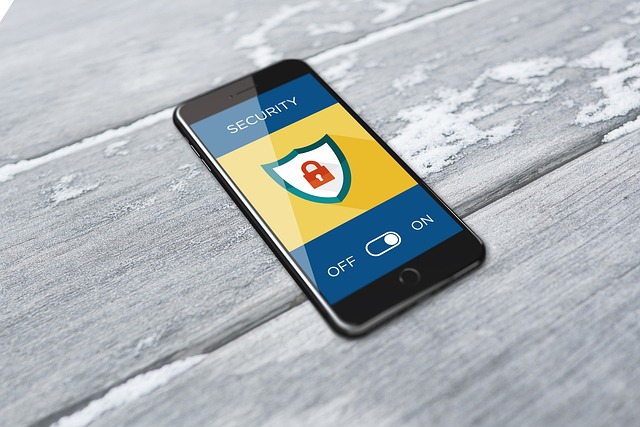
Additionally, enabling network encryption such as WPA2 or WPA3 adds an extra layer of security, making it more difficult for hackers to intercept your data.
Setting strong passwords for home Wi-Fi
Securing your home Wi-Fi with a strong password is crucial in keeping hackers at bay and ensuring your online privacy remains intact. To set a strong password, use a combination of upper and lowercase letters, numbers, and special characters. Avoid using common phrases or personal information that can be easily guessed.
Additionally, regularly update your password and avoid sharing it with others. Taking these simple steps will significantly enhance the security of your Wi-Fi network.
Enabling network encryption (WPA2/WPA3)
Shield your Wi-Fi network by activating network encryption, such as WPA2 or WPA3, to ensure a secure surfing experience.

Network encryption scrambles the data transmitted between devices on your network, making it unreadable to anyone trying to intercept it.
This prevents unauthorized access to your personal information and protects you from cyberattacks.
Ensure that your router is set to use the latest encryption standard, WPA3, for maximum security.
Using Virtual Private Networks (VPNs)
Imagine browsing the internet with peace of mind, knowing that your personal information is guarded by a VPN. A Virtual Private Network (VPN) encrypts your internet traffic, providing an additional layer of security and privacy.
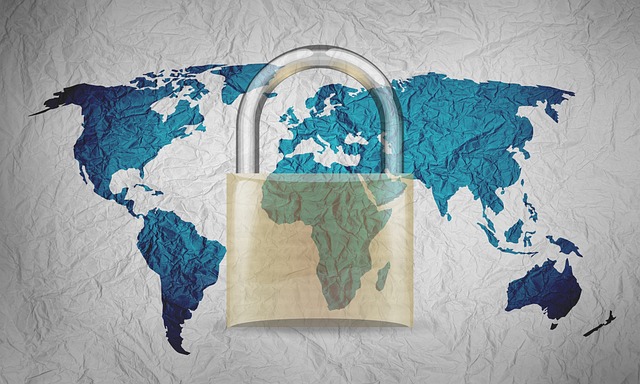
By using a VPN, your data is encrypted and securely transmitted through a private network, making it difficult for anyone to intercept or access your information.
VPNs are especially useful when connected to public Wi-Fi networks, where hackers can easily snoop on your online activities.
Additionally, VPNs can mask your IP address, making it harder for websites and online services to track your location and online behavior.
With a VPN, you can confidently browse the internet, knowing that your personal information is safeguarded from prying eyes.
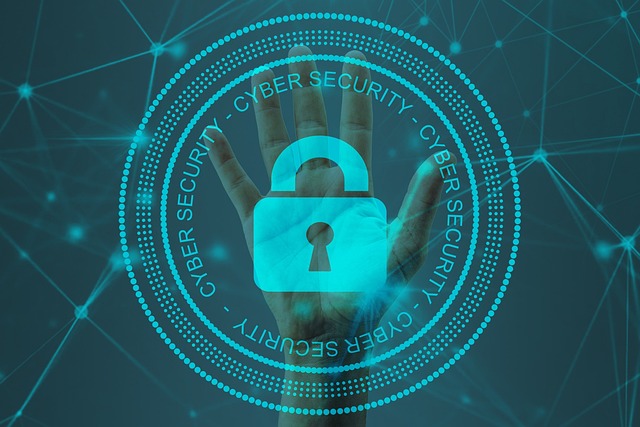
Protecting Personal Devices
To protect your personal devices, it’s crucial to keep your software and operating systems up to date. This ensures that you have the latest security patches and bug fixes, minimizing the risk of vulnerabilities.
Additionally, using security software such as antivirus and anti-malware programs can help detect and remove any malicious threats.
Lastly, don’t forget to lock your devices with strong passcodes or biometrics like fingerprints or facial recognition to prevent unauthorized access.
Keeping Software and Operating Systems Up to Date
Updating software and operating systems is absolutely crucial in order to keep your digital privacy locked tight and secure. By regularly updating your software and operating systems, you ensure that any vulnerabilities or weaknesses are patched, reducing the risk of hackers or malicious software gaining access to your personal information.

Many software updates include security enhancements and bug fixes that address known issues and protect against new threats. Operating system updates often include important security patches that help safeguard your device and data.
Neglecting to update your software and operating systems leaves you vulnerable to potential security breaches and compromises your digital privacy. Make it a habit to regularly check for updates and install them promptly, as they play a vital role in protecting your personal information.
Using Security Software
You should always have antivirus and anti-malware applications installed on your devices. These applications help protect your personal information from malicious software and online threats.
Additionally, it’s important to have firewall protection to safeguard your devices from unauthorized access and prevent hackers from gaining control of your data.
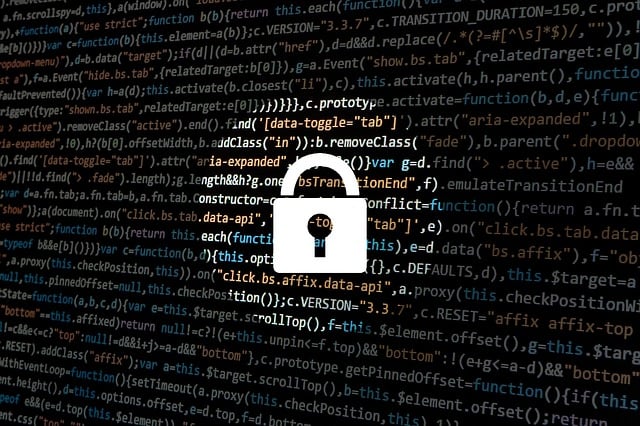
Antivirus and anti-malware applications
By utilizing antivirus and anti-malware applications, you can effectively fortify your digital defenses and ensure the safety of your personal information. These applications are designed to detect and remove malicious software, such as viruses, worms, and spyware, from your devices.
They provide real-time protection by scanning files and websites for potential threats, preventing them from infiltrating your system. Regularly updating and running these applications is essential in keeping your digital privacy intact.
Firewall protection
Enhance your online security with an impenetrable firewall that acts as a digital barrier, shielding your devices from external threats and potential cyber attacks.
A firewall monitors incoming and outgoing internet traffic, analyzing data packets to filter out malicious content. It acts as a gatekeeper, allowing only authorized communication and blocking unauthorized access.
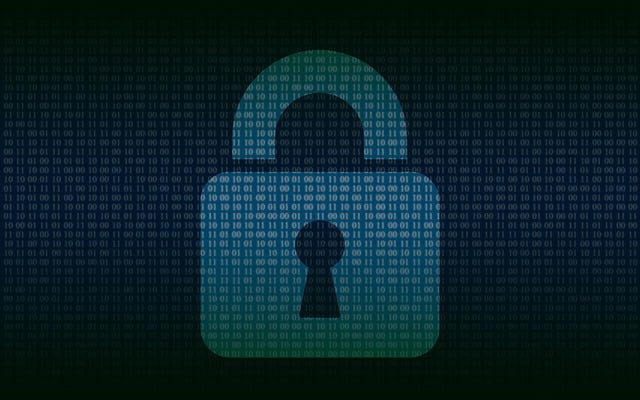
Regularly updating your firewall software ensures it adapts to new threats, providing you with an added layer of protection for your personal information.
Locking Devices with Strong Passcodes or Biometrics
Immerse yourself in the world of digital privacy by fortifying your devices with robust passcodes or biometrics. This creates an impenetrable fortress for your personal information. Locking your devices with strong passcodes or biometrics adds an extra layer of protection against unauthorized access.
When setting up a passcode, make sure it’s at least six digits long and avoid using easily guessable combinations like birthdates or repetitive numbers. Consider using a mix of numbers, letters, and special characters for added security.
Biometrics, such as fingerprint or facial recognition, offer a convenient and secure way to unlock your device. Enable these features on your smartphone or tablet to enhance privacy.

Remember, a strong lock on your device is like a sturdy lock on your front door, deterring potential intruders and safeguarding your sensitive information.
Safe Online Communication
When it comes to safe online communication, there are two key points you should keep in mind: email encryption and secure messaging apps.
By using email encryption, you can ensure that your messages are protected from unauthorized access.
Secure messaging apps, on the other hand, provide end-to-end encryption, making your conversations more secure and private.

Email Encryption
To safeguard your personal information, you should consider using encrypted email services. These services protect your messages from unauthorized access and ensure your digital privacy. Email encryption is a process that encodes your emails, making them unreadable to anyone who doesn’t have the decryption key. This means that even if your emails are intercepted or hacked, the contents remain secure and only accessible to the intended recipient.
Encrypted email services use advanced encryption algorithms to ensure the confidentiality and integrity of your messages. They also protect your attachments and prevent them from being tampered with or accessed by unauthorized individuals.
By using encrypted email services, you can have peace of mind knowing that your personal and sensitive information is safe and secure.
Secure Messaging Apps
Ensure the confidentiality of your conversations and keep your messages secure by using secure messaging apps. These apps employ end-to-end encryption, which means that only the intended recipient can decrypt and read the messages. This ensures that even if the messages are intercepted, they can’t be deciphered by third parties.

Secure messaging apps also provide additional features like self-destructing messages, where the messages automatically disappear after a set time, further enhancing the privacy of your conversations.
Some popular secure messaging apps include Signal, Telegram, and WhatsApp. It’s important to choose a reputable app that has a strong track record of protecting user privacy.
By using secure messaging apps, you can have peace of mind knowing that your personal information is safeguarded and your conversations remain private.
Being Cautious with Personal Information Sharing
When it comes to being cautious with personal information sharing, there are two key points to consider: phishing awareness and safe online transactions.

To protect yourself from phishing attempts, always be wary of suspicious emails or messages asking for personal information. Additionally, make sure to use secure websites and payment methods when making online transactions to minimize the risk of your information being compromised.
Phishing Awareness
Stay one step ahead of cybercriminals by familiarizing yourself with phishing techniques and learn how to spot and avoid them.
Phishing is a common method used by hackers to deceive individuals into revealing personal information such as usernames, passwords, and credit card details. They often do this by disguising themselves as trustworthy entities, such as banks or social media platforms, and sending fraudulent emails or messages.
To protect yourself, always be cautious when clicking on links or downloading attachments from unknown sources. Check the sender’s email address for any suspicious or misspelled words. Additionally, avoid providing personal information through email or text messages, especially if they request urgent action. Instead, independently verify the legitimacy of the request by contacting the organization directly through their official website or customer service.
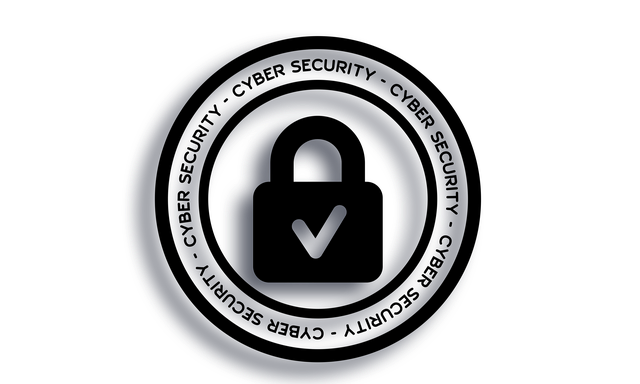
By staying vigilant and practicing these precautions, you can significantly reduce the risk of falling victim to phishing attacks.
Safe Online Transactions
When it comes to safe online transactions, it’s important to know which websites you can trust. Look for secure websites that have a lock icon in the address bar and use https:// instead of http://. This ensures that your personal and financial information is protected.
Additionally, always be cautious about sharing your financial information online and use secure payment methods such as PayPal or credit cards with fraud protection.
Trusted and secure websites for purchases
For a worry-free online shopping experience, make sure to stick to reputable websites that are as secure as a fortress.

Look for websites that have secure payment options, such as SSL encryption and verified payment gateways. Trusted websites often display trust seals or badges from reputable security companies.
Additionally, read reviews from other customers to ensure the website has a good track record. Remember, it’s better to be safe than sorry when it comes to online transactions.
Protecting financial information
Guard against potential risks by ensuring the safety of your financial data when making online transactions. Use secure payment methods, such as PayPal or encrypted credit card forms, to protect your financial information from unauthorized access.
Avoid entering your credit card details on unsecured websites or public Wi-Fi networks, as these can be easily compromised.
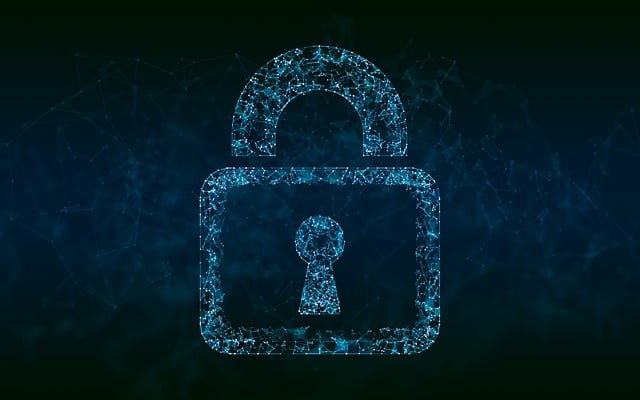
Regularly monitor your bank statements and credit reports to detect any suspicious activity and report it immediately to your financial institution.
Data Protection and Privacy Policies
When it comes to protecting your personal information online, it’s important to understand privacy policies and data protection regulations. These policies outline how your data will be collected, used, and shared by the websites and apps you use.
By familiarizing yourself with these policies, you can make informed decisions about what information you share and how it will be protected.
Understanding Privacy Policies
To better protect your personal information online, it’s crucial for you to understand privacy policies. Did you know that a study found that only 13% of internet users actually read privacy policies in their entirety?

Privacy policies outline how organizations collect, use, and share your personal data, and understanding them is essential to safeguarding your digital privacy. By reading and comprehending these policies, you can make informed decisions about sharing your information and ensure that your data is being handled in a way that aligns with your expectations.
Privacy policies often disclose what types of information are collected, how it is stored, who it is shared with, and what security measures are in place to protect it. By taking the time to understand these policies, you can take control of your online privacy and protect your personal information from being misused.
Data Protection Regulations
Ensure that you’re well-informed about data protection regulations to effectively safeguard your online identity and maintain control over your personal data.
Data protection regulations, such as the General Data Protection Regulation (GDPR) and the California Consumer Privacy Act (CCPA), aim to protect individuals’ personal information and give them more control over how their data is collected, used, and shared.
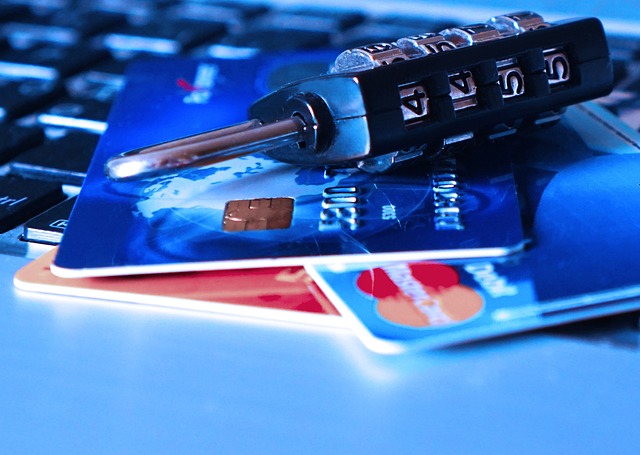
GDPR, applicable to European Union residents, sets strict guidelines for companies handling personal data, including obtaining explicit consent from individuals and implementing robust security measures.
CCPA, on the other hand, focuses on Californian consumers and grants them the right to know what personal information is being collected and shared by businesses. Both regulations also give individuals the right to request the deletion or correction of their data.
Understanding these regulations is crucial for staying informed and ensuring your digital privacy.
Conclusion
In conclusion, by implementing these strategies and taking control of your digital footprint, you can fortify the walls around your personal information and build a fortress of privacy.

It’s crucial to be vigilant and proactive in protecting your digital privacy. Start by regularly updating your software and devices, as this helps to patch any vulnerabilities that hackers may exploit.
Additionally, use strong and unique passwords for all your accounts, and consider using a password manager to securely store them.
Beware of phishing attempts and avoid clicking on suspicious links or downloading unknown attachments.
It’s also important to be cautious about the information you share online, as oversharing can expose you to potential risks.

Finally, educate yourself about the latest privacy settings and features on social media platforms and adjust them to your comfort level.
By following these tips, you can enhance your digital privacy and minimize the risks of cyber threats.
As you navigate the vast digital landscape, protecting your personal information becomes paramount. By implementing these simple yet powerful measures, you can fortify your digital privacy.
Strengthen your passwords, manage your privacy settings, and ensure a secure internet connection. Be cautious with personal information sharing, for the digital world can be a deceptive place.
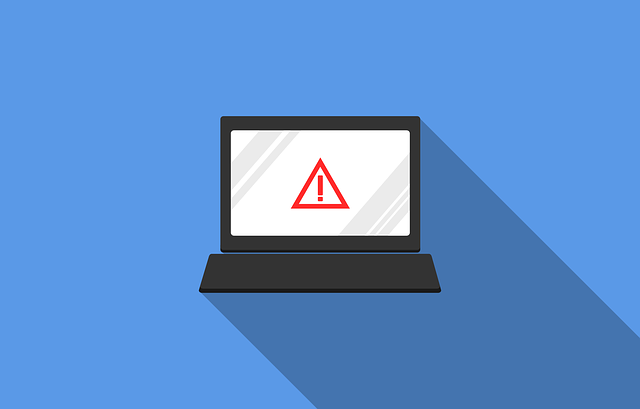
Remember, your data is valuable and should be guarded fiercely. By understanding and implementing data protection and privacy policies, you can reclaim control over your digital realm.
Safeguard your privacy, for in this interconnected world, your information is both vulnerable and precious.
You might also like to read on these cybersecurity articles on Get Hitch
Wi-Fi Security: Tips for Securely Connecting to Public Networks
Understanding Two-Factor Authentication: Adding an Extra Layer of Security





